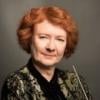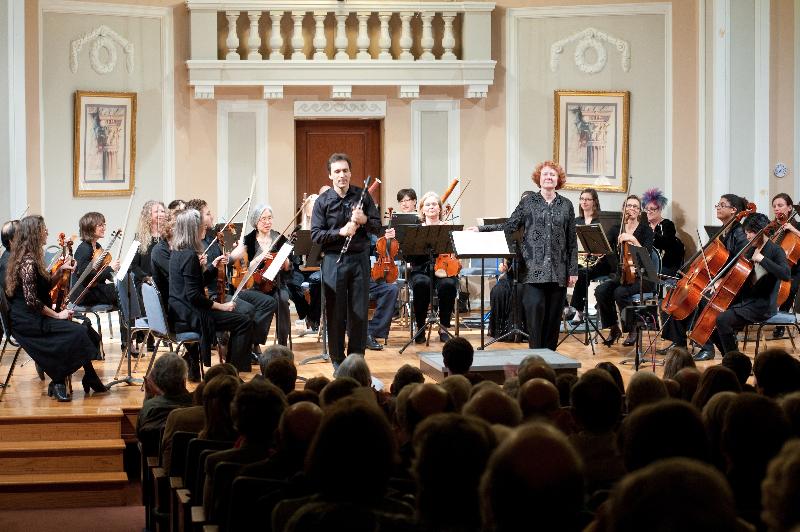
“We couldn’t do what we normally do,” says Barbara Day Turner, the founder and music director of the San José Chamber Orchestra, “which is perform our concerts.” Figuring out what to do instead of your normal gig was a major theme of 2020, and Turner and SJCO fell back on something they’ve done often in the past: commission new works for string orchestra — 12 of them, to be exact.
“We decided to get an array of opinions from composers we’ve worked with at least once before and to give them free rein to respond to some aspect of 2020 — political or about the pandemic or whatever they were feeling. There was no censorship as to what they could do.”
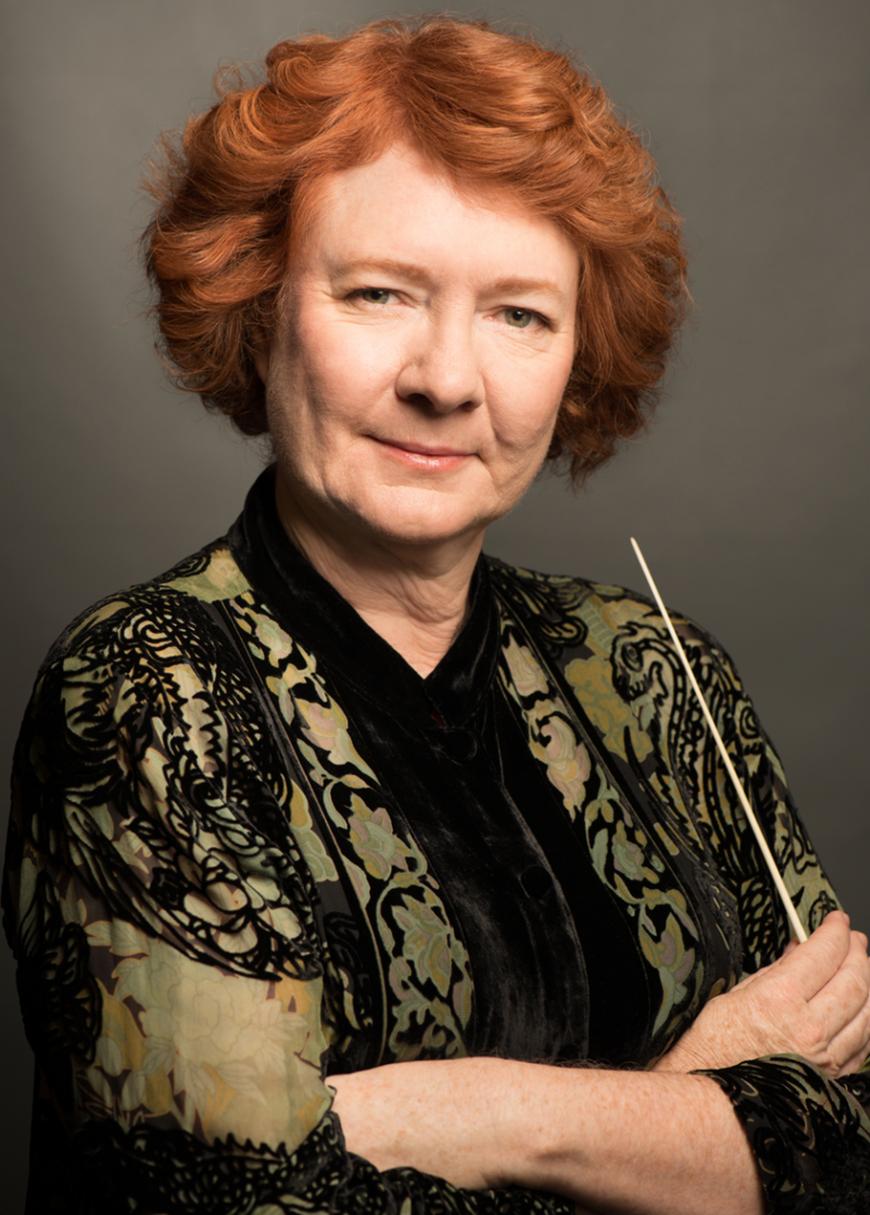
The longer, lead works in the project are:
• Alone Together by John Christopher Wineglass, a co-commission with the Fresno Philharmonic, Monterey Symphony, and Pacific Symphony, which has already had its world premiere, virtually, by Pacific Symphony in late May.
• Inferno by Joel Friedman.
• Respecting the First (Amendment) by Judith Shatin, which will include electronics and a video.
“We wanted a broad spectrum,” Turner continues, “For the smaller [works], which are all 5-7 minutes long, we chose a number that we could handle getting the performances done, but also were a representative group of people.” These smaller works include:
• Unbreakable by Ahmed Alabaca
• Through Misty Halls by Anica Galindo
• Cognitive Dissonance by Juanita Harris
• Cycles by Kendrick Tri Huynh
• Refuge by Kerry Lewis
• Doom, Gloom, and Zoom by Mona Lyn Reese
• Etude by Michael Touchi
• Olēka by Jaco Wong
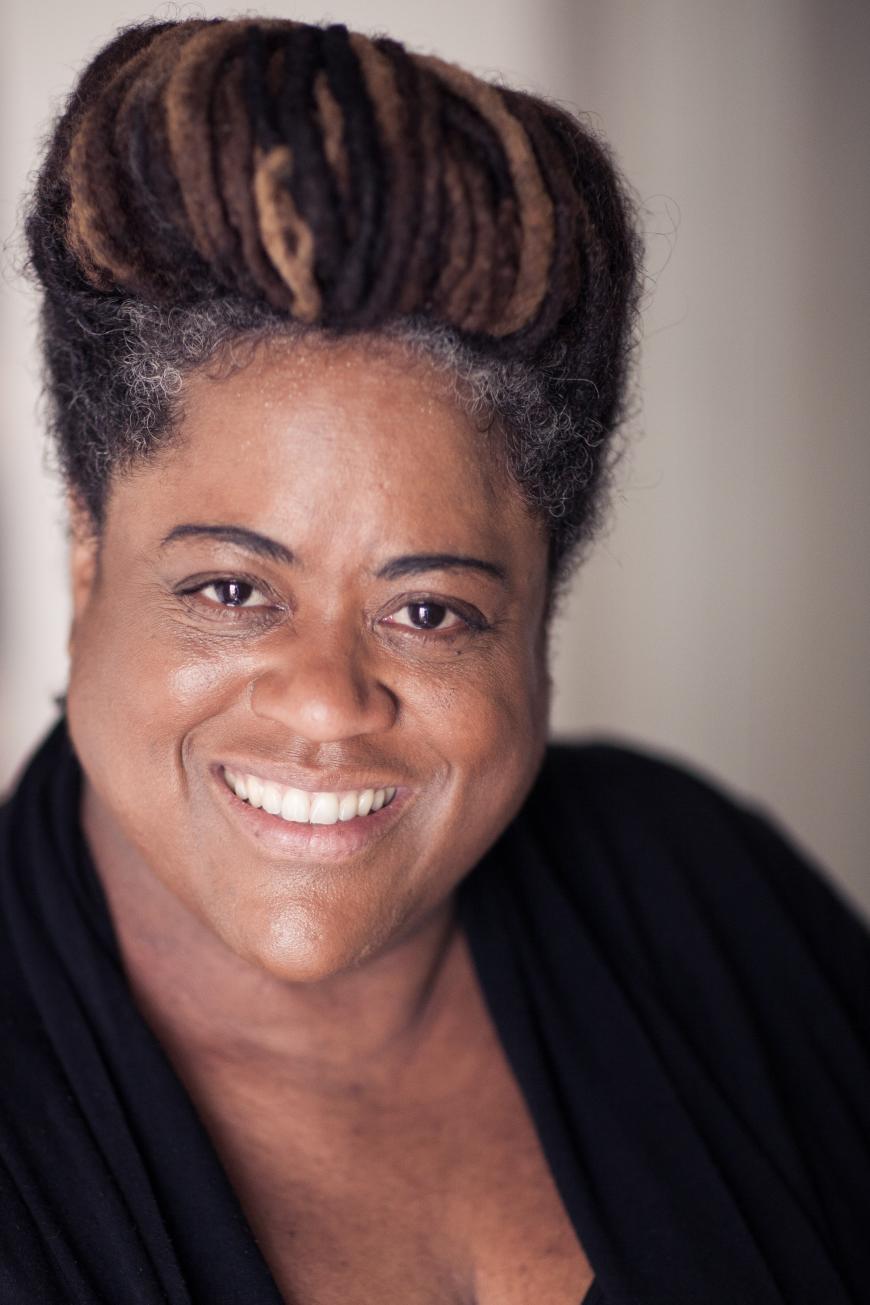
Turner and her orchestra are no tyros when it comes to commissioning: she estimates they have brought almost 200 works to first performance over the history of the 17-core-member group (which was founded in 1991). Among these are composers, like Galindo, who might be said to have been fostered and given their first professional credits by SJCO. “We do have a working approach of doing more than one work with each composer,” Turner explains. “If we do more than one work, we learn the language of that composer better and the composer learns to write for string orchestra better. We make better music together.
“We try to be broad: we look for composers whose sound or ability to construct music, or unusual take on string instruments challenge us, or where there are things to learn — we’ve done pieces with sitar, with waterphone, things that let us expand what we do as musicians.”
And speaking of expanding musical experiences, there are a number of players with diverse musical experiences in the core of Turner’s band. “When you commission something you can tailor it to the differences in an orchestral setting to who is good in other genres,” she points out. “Our principal second violinist plays with The Brothers Comatose, a bluegrass band, and is a killer improviser, and Michael Touchi wrote a concerto for him that played to his specific abilities.
“Evan Price is in the beginning stages of writing a triple concerto, for our concertmaster in a classical style, for himself in a jazz style, and for our principal second in a more bluegrass style.”
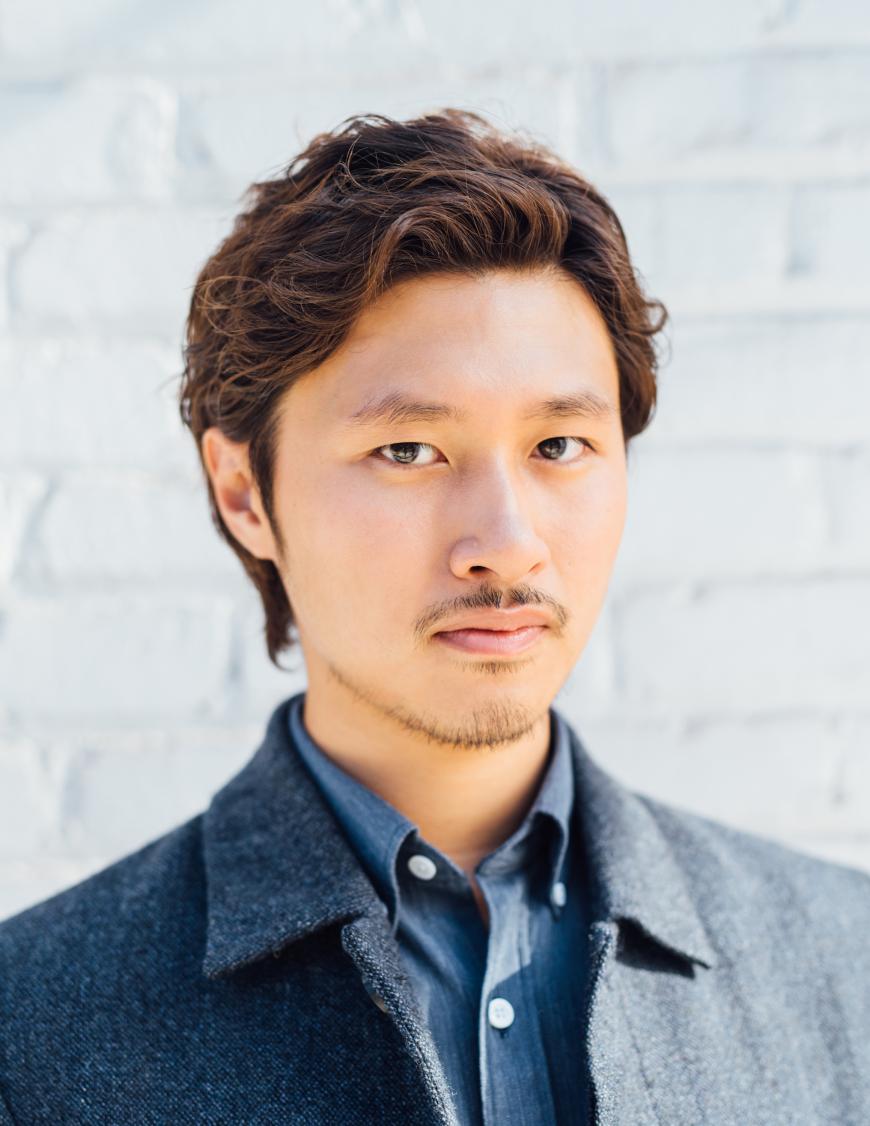
Because this is a never-ending process at SJCO, some of the announced premieres are layovers from the dormant 2020 season. These include new works by Durwynne Hsieh and Pablo Furman and the following co-commissions from major composers:
• A new Triple Concerto for the Delphi Trio and orchestra by Clarice Assad
• A trumpet concerto by Vivian Fung, for trumpeter Mary Bowden
• Recife: Harp Concerto by João Luiz Rezende, with harpist Bridget Kibbey
• Concerto by Pablo Ortiz for ZOFO piano duo
“We’ve done quite a bit of cycling back to certain works [that we’ve premiered],” Turner says. “We’ve done several co-commissions with other orchestras; we find that a good practice, and we like to be the last orchestra to perform it,” because the composers then has time to make changes based on what they’ve heard.
Also in the list is a chamber opera, Ourland: A Dystopian State by Paul Davies with libretto by Daniel Helfgot. The opera is pretty much finished “and was to be workshopped this summer,” Turner explains. “So we’ll pick it up and perform it in 2022. And it came out of watching what the system of ‘othering’ people has done to us. It is a universal take on the subject, not focused specifically on the southern border.”
For most other orchestras, this would be the work of a decade, but it’s the lifeblood of Turner and her ensemble. They’re moving with the spirit of the times “We would of course like to see the day when we had a diverse cross-section of people in our audience,” Turner concludes, “but across all ethnic groups in the arts world in the South Bay, we’re all talking about ways to cross-pollinate. Everybody seems to be working diligently to foster that kind of community.”


